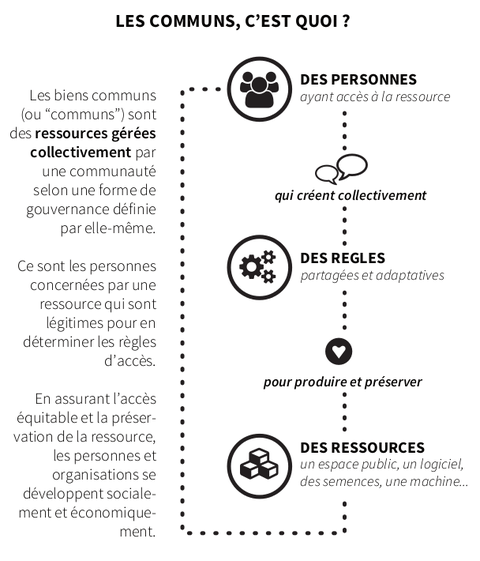New Books Network: Against the Commons. A Radical History of Urban Planning
Characterized by shared, self-managed access to food, housing, and basic conditions for a creative life, the commons are essential for communities to flourish and protect spaces of collective autonomy from capitalist encroachment. In a narrative spanning more than three centuries, Against the Commons: A Radical History of Urban Planning (University of Minnesota Press, 2022) provides a radical counter history of urban planning that explores how capitalism and spatial politics have evolved to address this challenge. Highlighting episodes from preindustrial England, New York City and Chicago between the 1850s and the early 1900s, Weimar-era Berlin, and neoliberal Milan, Álvaro Sevilla-Buitrago shows how capitalist urbanization has eroded the egalitarian, convivial life-worlds around the commons.
In this episode, channel host Tayeba Batool talks with Dr. Álvaro Sevilla-Buitrago on the book’s argument about the ways through which urbanization shapes the social fabric of places and territories. The conversation touches upon the impact of planning and design initiatives on working-class communities and popular strata, and the various, multiple, and incremental modes of dispossession that are implicated in struggles over land, shared resources, public space, neighborhoods, creativity, and spatial imaginaries. We hear from Dr. Sevilla-Buitrago about the possibilities and alternates to a post-capitalist urban planning, one in which the structure of collective spaces is ultimately defined by the people who inhabit them.
Dr. Álvaro Sevilla-Buitrago is an Associate Professor of Urban Planning at the School of Architecture, Universidad Politécnica de Madrid. Tayeba Batool is a PhD Candidate in Anthropology at the University of Pennsylvania.

